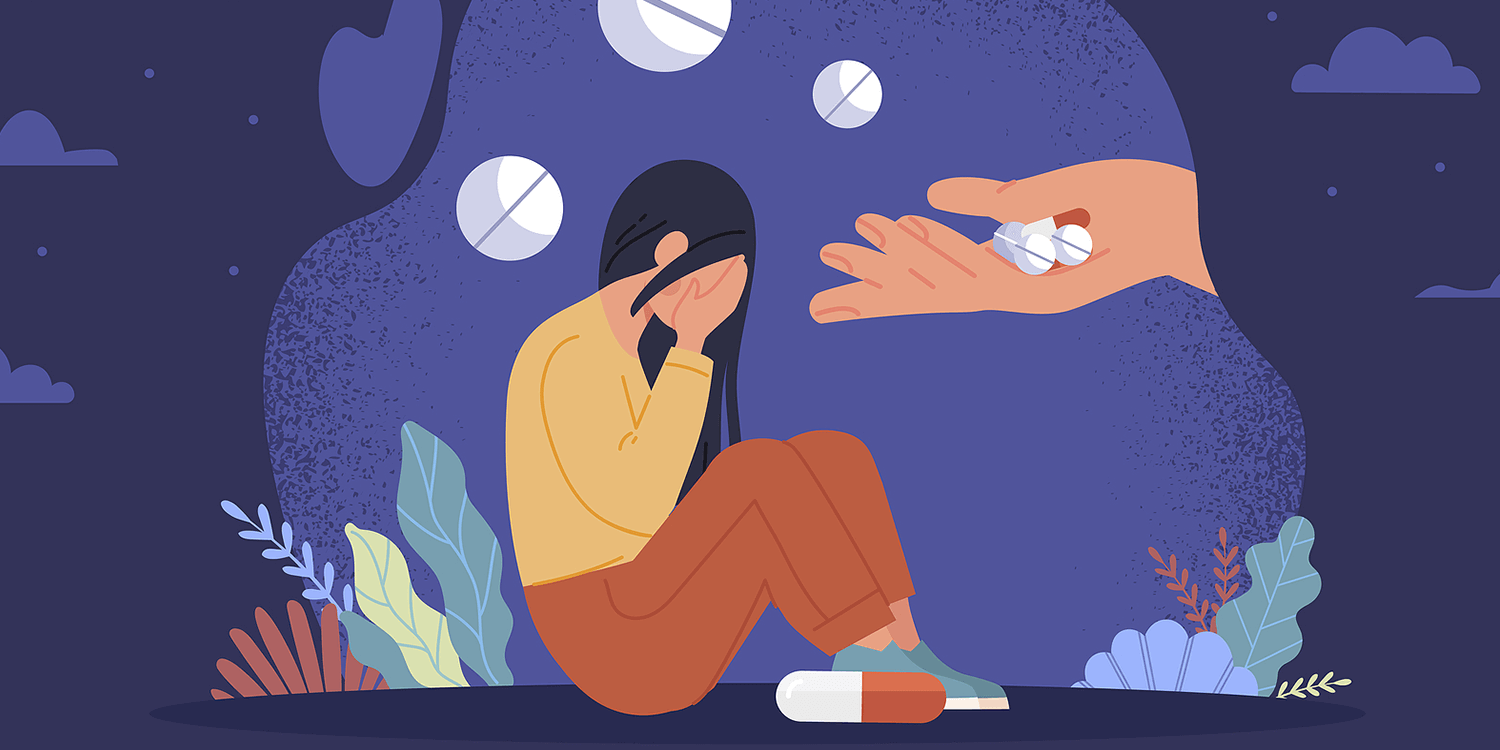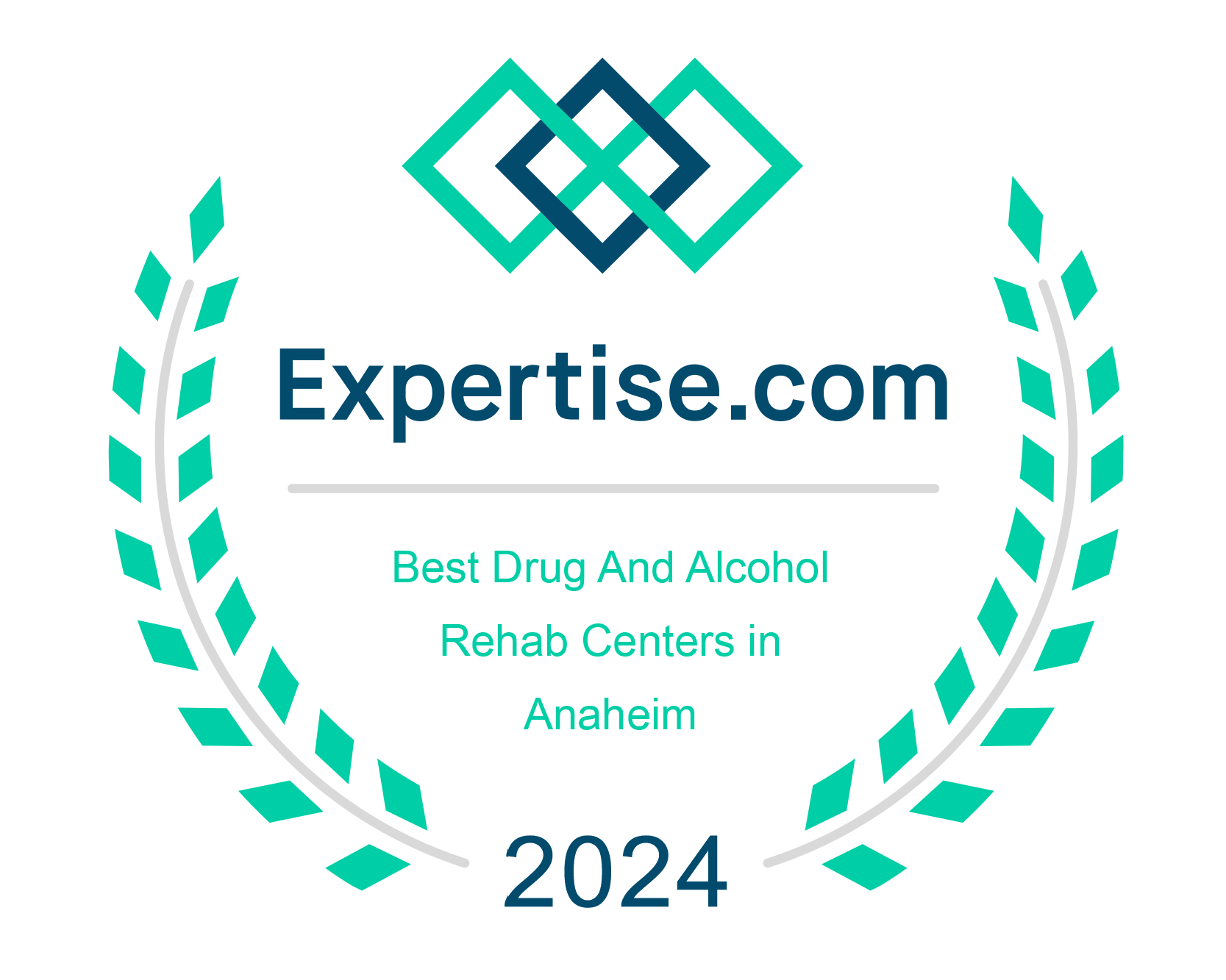Addiction is a serious disease that affects millions of people worldwide. It is often characterized by compulsive drug use despite the harmful consequences. People who suffer from addiction may experience a wide range of physical and psychological symptoms that can negatively impact their lives. While addiction is a complex condition in itself, it can also lead to the development of other mental health disorders.
Mental illness refers to a wide range of conditions that affect a person’s mood, thinking, and behavior. It can include anxiety disorders, depression, bipolar disorder, schizophrenia, and more. According to the Substance Abuse and Mental Health Services Administration (SAMHSA), people who suffer from addiction are more likely to experience mental health problems than those who do not use drugs or alcohol.
The Relationship Between Addiction and Mental Illness
Addiction and mental illness are often intertwined, and it can be challenging to determine which came first. Often people may turn to drugs or alcohol to cope with mental health problems, while others may develop mental health disorders due to addiction. Substance abuse can impact the brain’s chemistry and lead to mood, cognition, and behavior changes. Over time, these changes can result in the development of mental health disorders.
One of the main risk factors for the development of addiction and mental health disorders is trauma. Trauma can result from a variety of experiences, including physical, sexual, or emotional abuse, neglect, or violence. Trauma can alter the brain’s response to stress and increase the likelihood of developing an addiction or mental health disorders.
In addition to trauma, other factors contributing to the development of addiction and mental illness include genetics, environmental factors, and underlying medical conditions. People with a family history of addiction or mental illness may be more susceptible to developing these conditions.
Why Diagnosing Co-Occurring Disorders is Challenging
Diagnosing co-occurring disorders, such as addiction and mental health disorders, can be challenging for several reasons. Firstly, the symptoms of these conditions are often complex and can vary in severity, making it difficult to differentiate one from the other. Patients may often receive treatment for one condition while the other disorder remains undiagnosed and untreated. This often happens because the symptoms of addiction and mental health disorders can overlap, making it hard to identify the underlying issues.
Another factor contributing to the difficulty of diagnosing co-occurring disorders is inadequate training and screening. Many healthcare professionals may lack sufficient training to identify and treat these disorders, leading to misdiagnosis or undertreatment.
The consequences of undiagnosed or untreated co-occurring disorders can be severe, leading to a higher risk of homelessness, incarceration, medical problems, and even suicide. Moreover, individuals with mental health disorders who abuse substances like drugs or alcohol are at an increased risk of engaging in impulsive or violent behavior, which can result in legal consequences.
Diagnosing and treating co-occurring disorders is crucial for achieving lasting sobriety and improving the overall quality of life. Proper screening, evaluation, and treatment by trained professionals can help individuals receive the care they need and reduce the risk of adverse outcomes.
Can Addiction Cause Mental Illness?
There is a strong correlation between addiction and mental illness. In many cases, addiction can lead to the development of mental health disorders. Conversely, people with pre-existing mental health disorders are more likely to develop an addiction. According to SAMHSA, individuals with mental health disorders are twice as likely to struggle with addiction than those without mental health problems.
Can addiction cause mental illness? It’s a question that has been asked by many individuals struggling with addiction and mental health issues. The answer is yes. Addiction can cause mental illness and worsen pre-existing mental health conditions. Here are some ways addiction can impact mental health:
- Changes in Brain Chemistry: Substance abuse can lead to changes in the brain’s chemistry, affecting mood, motivation, and behavior. Chronic drug and alcohol use can deplete the brain’s natural chemicals like dopamine, serotonin, and norepinephrine, leading to mood disorders like depression and anxiety.
- Increased Risk of Psychotic Disorders: Addiction can also increase the risk of psychotic disorders like schizophrenia. Substance abuse can trigger psychosis in people who are genetically predisposed to the condition.
- Exacerbation of Pre-Existing Mental Health Conditions: The use of drugs and alcohol can exacerbate pre-existing mental health conditions like bipolar disorder, depression, and anxiety. People with bipolar disorder may experience more severe manic or depressive episodes due to drug or alcohol abuse.
- Interference with Medications: Substance abuse can interfere with the effectiveness of medications used to treat mental health disorders. For example, alcohol can interfere with antidepressants, making them less effective.
- Contributing to the Development of Mental Health Disorders: Addiction can also contribute to the development of mental health disorders. People who suffer from addiction may experience financial, legal, or relationship problems, leading to stress, anxiety, and depression.
Mental Illness as a Risk Factor for Addiction
People with pre-existing mental health disorders are also more likely to develop an addiction. Mental health disorders like depression, anxiety, and post-traumatic stress disorder (PTSD) can all increase the risk of addiction.
People with mental health disorders may turn to drugs or alcohol as a way to cope with their symptoms. For example, someone with social anxiety may use alcohol to feel more comfortable in social situations. However, this can quickly turn into an addiction, as the person may come to rely on alcohol to manage their anxiety.
People with mental health disorders may also have a more difficult time quitting drugs or alcohol. The symptoms of mental health disorders can make it difficult to maintain sobriety. For example, someone with depression may struggle with feelings of hopelessness and lack of motivation, making it challenging to stay on track with recovery.
Additionally, certain mental health disorders may cause changes in the brain that increase the risk of addiction. For example, research has shown that people with attention-deficit/hyperactivity disorder (ADHD) may have a lower threshold for reward, making them more susceptible to addiction.
Getting Help
It is important to note that having a mental health disorder does not necessarily mean that someone will develop an addiction. However, it is important to be aware of the increased risk and seek help if you or someone you know is suffering from mental health and addiction issues.
If you or someone you know is dealing with addiction and a mental health disorder, seeking professional help from a qualified healthcare provider is crucial. Dual-diagnosis treatment programs can help address both issues simultaneously, increasing the chances of successful recovery. By treating addiction and mental health disorders simultaneously, patients can achieve a much better quality of life and improve their overall well-being.
Conclusion:
Addiction and mental health disorders are often interrelated, with each one increasing the risk of the other. While addiction can lead to mental illness, mental health disorders can also increase the risk of addiction. Seeking professional help is critical to addressing both issues and improving the chances of successful recovery. Don’t be afraid to seek help and support – recovery is possible.
Call now to speak confidentially with an addiction expert.
Committing to overcome addiction should not have to mean relinquishing comfort, privacy, or self-respect. Why not experience individualized care and comfort? If you're ready to take part in a world-class private treatment program, it's time to call Domus Retreat.Call 1-866-713-3869
This article authored and reviewed by Clare Waismann, M-RAS, SUDCC II, Founder of Waismann Method Advanced Treatment for Opiate Dependence and Domus Retreat, is for informational purposes only and should not be considered medical advice or a recommendation. Consult a healthcare professional for guidance and treatment options. While we strive to maintain high editorial standards, please be aware that information may become outdated. Domus Retreat, its employees, agents, and associated individuals are not liable for any errors, omissions, or consequences resulting from the use of the information provided.



















